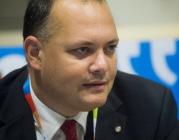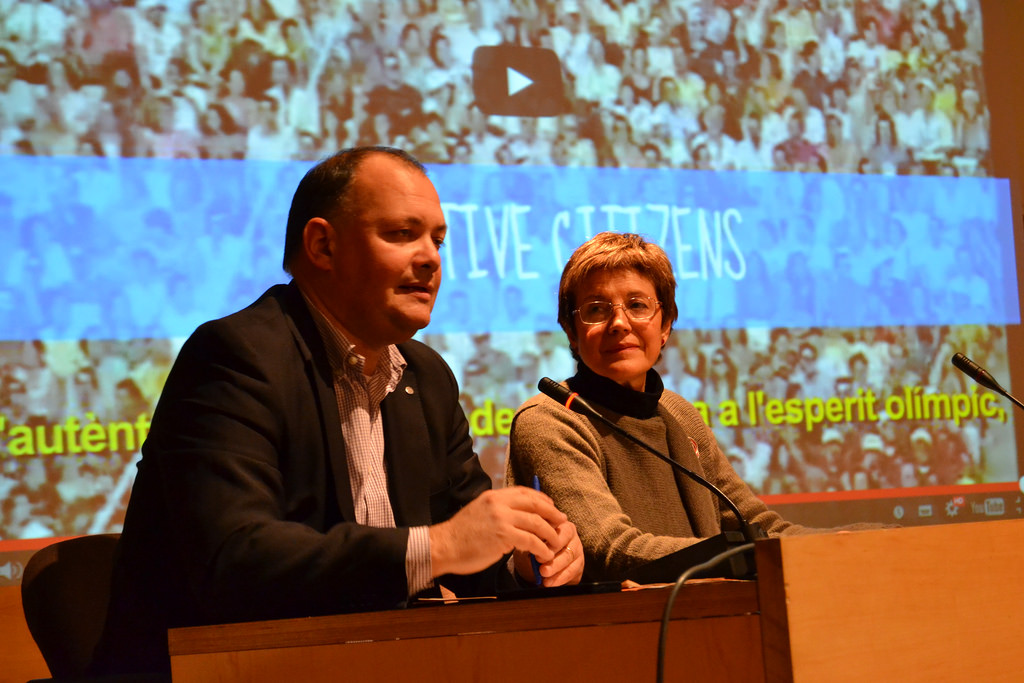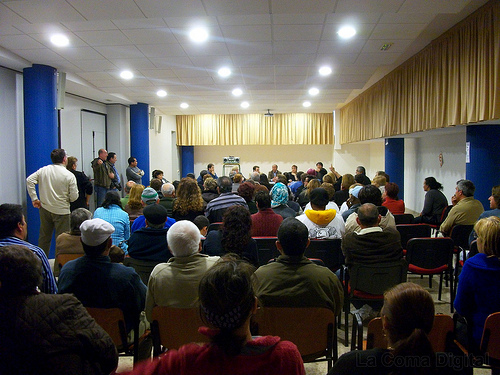If there is a city where the role of civil society has not only been decisive but forms an essential part of its DNA, this city is Barcelona.
Catalonia as a country, and Barcelona as its capital, have not been self-governing for long periods of time: dictatorships, repression, incomprehension... The absence of own institutions that would represent people’s real interests and defend their language, culture and specific way of being, resulted in civil society assuming this role throughout the relevant periods. On an organized basis, civil society would defend people’s interests, protect the culture, teach the language, it would structure itself politically and, depending on the phase, lead the fight for democracy, against dictatorship or for freedom.
This has given us a strong, organized and active civil society. As a result of this sediment and historical evolution, nowadays we count some 6.000 organizations of different kinds in Barcelona.
Barcelona cannot be understood without its associations, without its civil society. It is impossible to rule this city or design a project for it without taking its associations into account. They are an essential part of its core and its governability depends on them. To rely on them does not only mean to consult them but to involve the associations – and on top the citizens – in governmental tasks, making them responsible in the management and co-management of municipal projects that affect them.
It is in this context and with this philosophy, that the municipality of Barcelona together with the further institutions that form part of the committee of “Barcelona European Volunteering Capital 2014” (Generalitat de Catalunya, Federació Catalana del Voluntariat Social (FCVS) i Federació d’Associacions de Voluntaris de La Caixa (FASVOL)) was able to design the European Capital of Volunteering Distinction. The program of this great event has been filled with contents, activities, projects and ideas that in fact have been proposed and provided by the associations themselves. They assumed the most active role, while the organizing committee promoted some events or capitalized some others from the full agenda of Catalonia’s capital.
Beyond a wide range of activities and associative projects, we want the European Volunteering Capital Distinction to reinforce volunteering and solidarity as values linked to the Barcelona brand. Beyond economical or technological aspects, Barcelona wants to be –and in fact, is– the european capital for people.

Carles Agustí, Commissioner for Citizen Participation and Associations of the City Council of Barcelona, explains the role of civil society in the city.












Afegeix un comentari nou